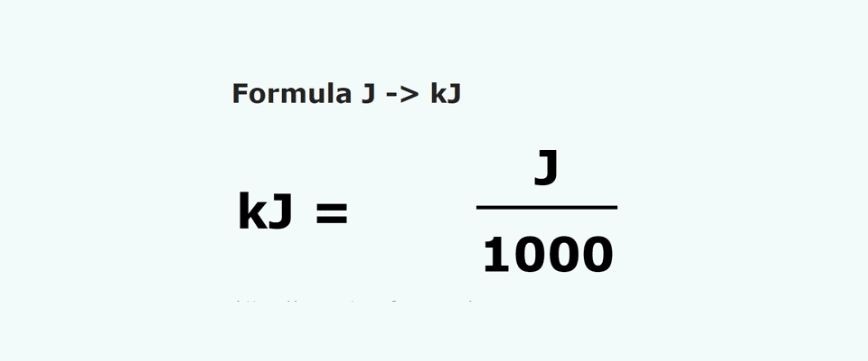
Joule
Definition
A Joule is a unit of energy in the International System of Units, or SI. It is equal to the energy transferred to an object when a one newton force is applied to the object in the direction of its motion through a distance of one meter. It can also be defined as the energy dissipated as heat when a 1-ampere electric current passes through a resistance of 1 ohm in the course of one second. It has values both in SI base units, such as kg-meter-seconds squared, and other SI units, such as newtons meters, amperes seconds and volts joules.
Origin
James Prescott Joule was a famous English physicist and mathematician. He helped develop the Kelvin scale of heat measurement, as well as discovered the relationship between heat and mechanical work, leading to the law of conservation of energy. This means that Joule's legacy is unasure, which becomes the first law of thermodynamics.
Current use
The joule is a SI derived unit that is used in a variety of scientific contexts. Practical examples of energy measurements using joules are the amount of energy needed to raise weight, release energy when objects fall, heat needed to increase temperature, and the kinetic energy of moving objects.
One dimensional representation of a joule is the N·m (Newton-meter). This is the International System's unit for torque. These units, however, are different, so they should not be used to represent each other. Even though the joule is equivalent to the N·m, the N·m should not be used when representing a joule - but only when it represents torque.
Kilojoule
Definition
The kilojoule is a metric unit of energy that is equivalent to 1,000 joules. The joule can be defined as the amount of energy transferred to an object when a one Newton force acts on an object in the direction of its linear displacement across a distance of one meter.
Origin
The kilojoule, just like other SI-derived units, uses SI prefixes to denote multiples or submultiples. In this instance, the prefix "kilo" is used to represent a multiple of 1,000.
Current use
In countries that use the International System of Units (SI), such as the United States, the kilojoule is widely used as a unit of food energy and can be found on many food labels. In some circumstances, both kilojoules and kilocalories are displayed, but in countries such as America, only kilocalories are shown (often referred to as calories) on food labels. Asides from this common use, kilojoules are utilized within scientific contexts all over the world.
Joule to Kilojoule Conversion Table
Joule [J] Kilojoule [kJ]
0.01 J 1.0E-5 kJ
0.1 J 0.0001 kJ
1 J 0.001 kJ
2 J 0.002 kJ
3 J 0.003 kJ
5 J 0.005 kJ
10 J 0.01 kJ
20 J 0.02 kJ
50 J 0.05 kJ
100 J 0.1 kJ
1000 J 1 kJ
How to Convert Joule to Kilojoule
1 J = 0.001 kJ
1 kJ = 1000 J
Example: Convert 15 J to kJ:
15 J = 15 × 0.001 kJ = 0.015 kJ
A unit converter is an online free tool that enables you to convert one unit of measurement into another.
If you are wondering , How to convert Joule to Kilojoule online energy conversion formula chart, table. You are at the right place, Kilocalorie to calorie online energy conversion formula, example to Foot pound to Newton meter online energy converter Formula, chart to find an easy & quick conversion calculator.
An online conversion calculator helps you convert all types of the measurement unit.